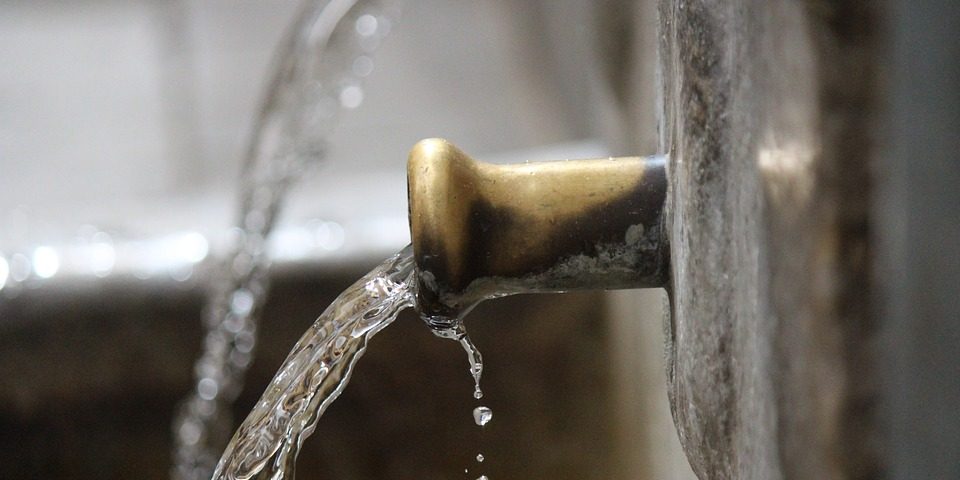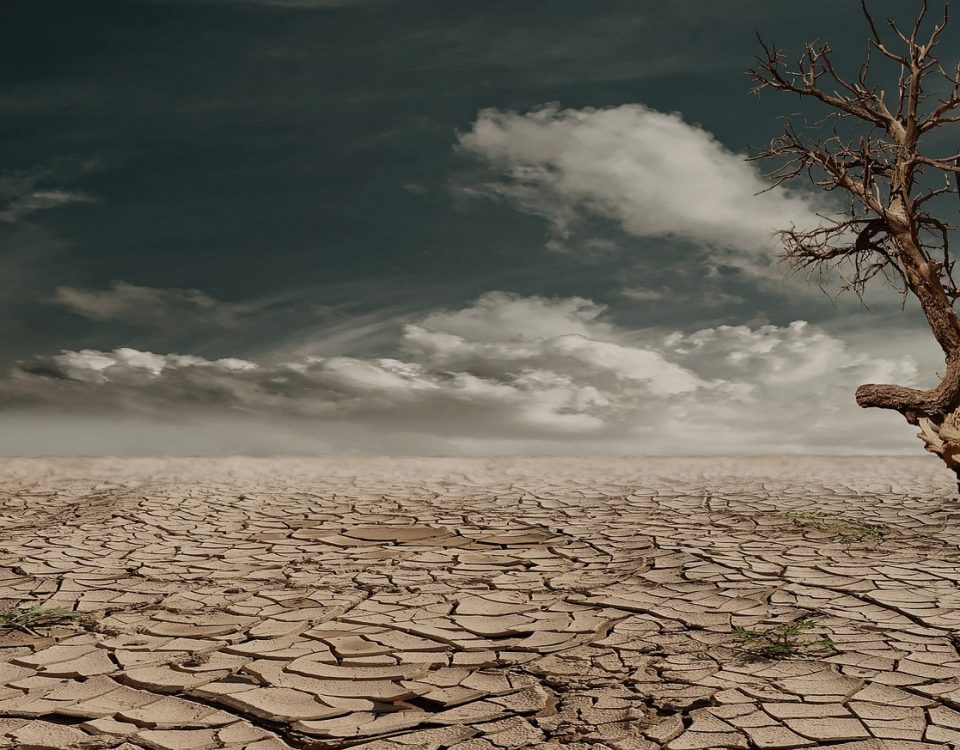Saved by water and grace, that’s the recurring theme.
Noah and his kin and animal company, the Hebrews from Egypt, you and I in baptism: it’s through water we’re saved, symbolically and literally. This primeval symbol of creation, this dangerous symbol of death and drowning, there’s an elemental lesson about life in water, and that’s it is something to be cherished and respected, because it can both give life and kill.
Through the waters of baptism, we’re saved—as Noah was and as the Hebrews. But we’re also given life by it, as at creation at the beginning. Water from the earth and from the heart of Jesus, these waters give us life and then life eternal. There is something almost eternal about water, some eternal meaning even in our desire for water, our thirst. Souls and bodies, bodies and earth: water and spiritual water flows through all. We need this water to live, both kinds—spiritual as well as material.
To find the water of salvation, that spiritual water which God gives, we must (as Christ said) repent. That is, we must desire it enough to change. That’s what repentance means: to change. Lent begins with the call to repent not to put us down, but to put us in place to drink better and more deeply the waters that truly satisfy. Or, to put it another way, repentance is spiritual thirst.
Do you want the refreshment of God? That’s the question. If so, what are you doing about it? What changes are you prepared to make? That’s the first question of Lent. How much do you really want this grace God offers?










